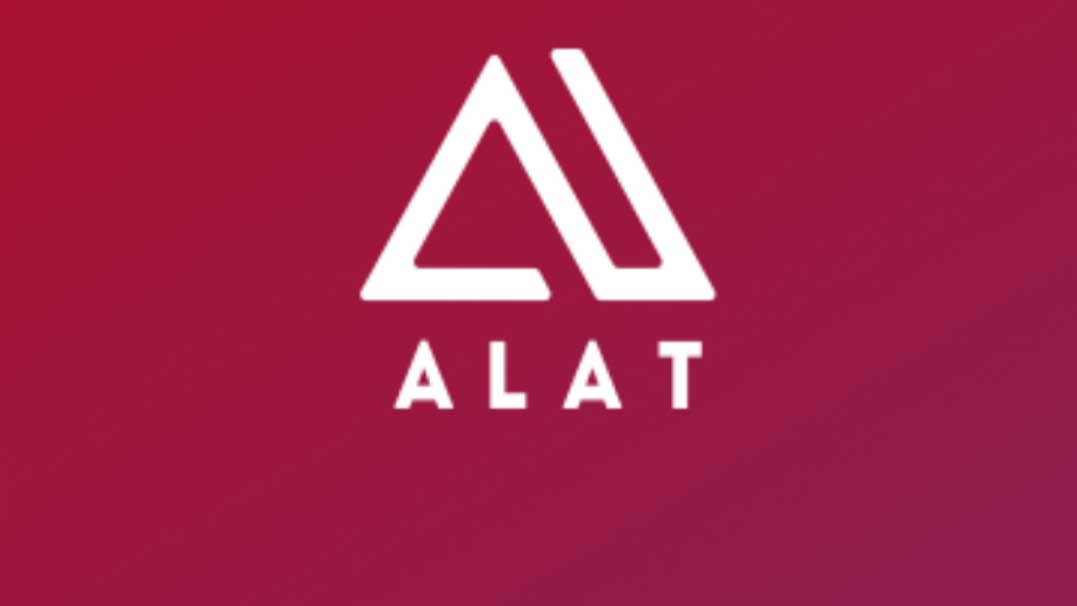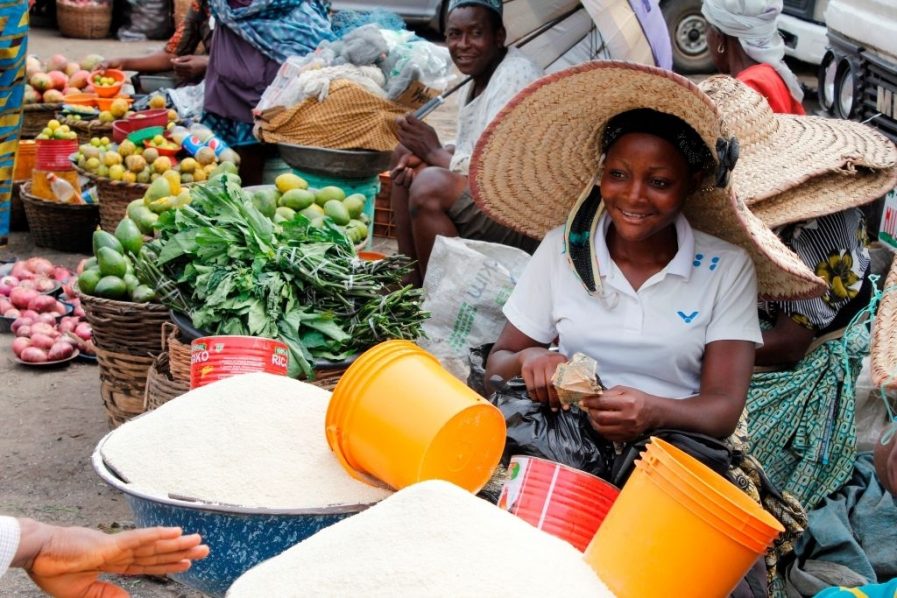 The International Energy Agency (IEA) has called on Development Finance Institutions (DFIs) and governments to better utilise capital to de-risk private investments in Emerging Markets and Developing Economies (EMDE).
The International Energy Agency (IEA) has called on Development Finance Institutions (DFIs) and governments to better utilise capital to de-risk private investments in Emerging Markets and Developing Economies (EMDE).
This recommendation comes amidst the recent World Energy Investment report (WEI), which underscored the imbalances in capital flows, with 85 per cent of today’s clean energy projects in advanced economies.
The report acknowledged that DFIs can play a vital role in stimulating more of these projects in EMDE, helping to attract larger volumes of private capital.
“It is crucial for DFIs and for local governments to work towards better utilisation of capital to de-risk private investments in EMDE, especially for lower-income countries. Joint efforts are needed to create enabling environments that attract and sustain private investment, fostering long-term, sustainable development,” says IEA
IEA pointed out in its analysis that DFIs account for only around one per cent of total financing for energy sector investment, but their importance goes well beyond this relatively small share.
It stressed that beyond funding specific projects, DFIs play a crucial role in enabling investments by providing sector-specific policy support or technical assistance which lay the groundwork for long-term, transformative changes in emerging markets.
It will be recalled that recently, Nigeria’s Minister of Industry, Trade and Investment, Dr Doris Uzoka-Anite, told the Bank of Industry (BoI) and DFIs in the country to provide adequate funding for emerging sectors of the economy.
She added that emerging sectors, such as renewable energy, biotechnology, information technology, sustainable agriculture, and culture sector, represent the future of our global economy.
Uzoka-Anite mentioned that the initial challenges, uncertain returns and risks were the reasons traditional financial institutions often get reluctant to invest in emerging sectors.
“These sectors are not only poised to generate sufficient economic value, but also address some of the most pressing challenges of our time, including climate change, infrastructure, food security, and health, which the present government of President Bola Tinubu is confronting,” she said.
Energy Economist, Kelvin Emmanuel told The Guardian that the loans are structured with an additional risk premium that ends up being nearly twice the single-digit secured overnight financing rate charged for DFI loans globally.
“The one primary reason I’m not particularly impressed with DFI, especially upstream financing in Africa, is because of the reserve-based lending model that favors the creditors and middlemen facilitators over the borrower,” he said.
IEA analysis highlighted the need for scaling up clean energy investments, particularly in EMDE, emphasised that while the overall capital structure in the global energy sector has a relatively equal balance of debt and equity financing, debt instruments account for over 90 per cent of DFI financing, followed by small amounts of grants and even less equity.
According to the report, their high reliance on debt instruments is driven by the need to ensure financial sustainability, manage risk, and leverage limited capital for significant impact which reflects both the strategic priorities and the operational constraints within which DFIs operate.
“By sharing risks with private investors and enhancing project viability through the use of concessional loans, guarantees, technical assistance and co-investment opportunities, DFIs mitigate challenges unique to EMDE. Moreover, they partner with the public sector to catalyse private-sector investments,
“In the past decade, DFI financing for clean energy is more than four times that of fossil fuels, with over half of the clean energy investments provided in a more concessional form of financing,” it stated.
The energy agency added that the development mandates pursued by DFIs are also visible in the mix of different financial instruments for each region as Sub-Saharan Africa, not only receives the largest amount of DFI financing but also has the highest Official Development Assistance (ODA)3 to Other Official Flows4 (OOF) ratio, with a significantly large amount of grants and higher than average equity.






